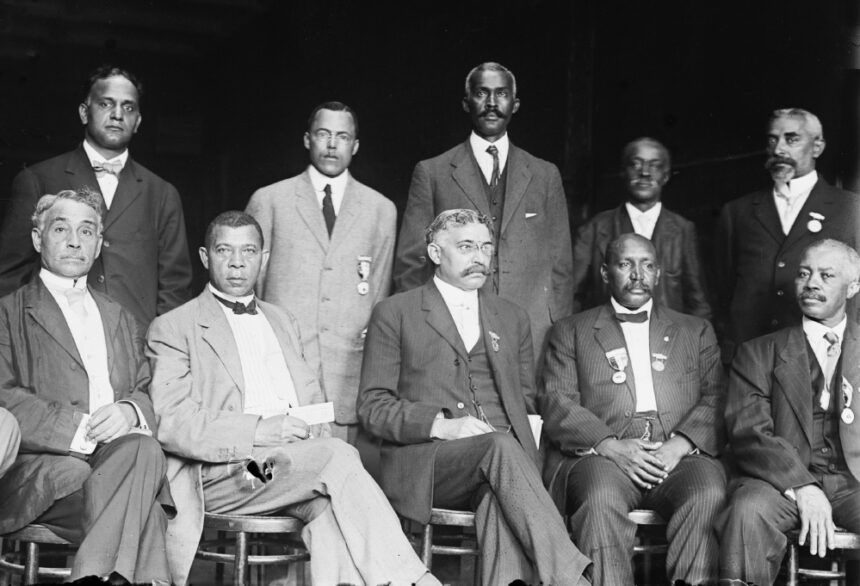August marks Black Business Month, a time to recognize and celebrate the achievements and contributions of Black entrepreneurs throughout history. This month offers a chance to reflect on the remarkable journey of Black business owners and their impact on the economy and society. Here’s a timeline highlighting key milestones in Black business history in the United States, as sourced from the SBA.gov:
- Philadelphia, 1810: The African Insurance Company, the first Black insurance company, is founded.
- New York, 1821: Thomas Jennings becomes the first African American to receive a patent for his invention of the “dry-scouring” process, a precursor to modern dry-cleaning methods.
- New York, 1827: Freedom’s Journal, the first Black newspaper, is established.
- Boston, 1900: Booker T. Washington founds the National Negro Business League, marking the beginning of what historian Juliet E.K. Walker termed “the Golden Age of Black business” lasting until 1930.
- Oklahoma, 1906: O.W. Gurley creates the town of Greenwood and opens the first business in what would become known as “Black Wall Street.”
- Nationwide, 1932: The Great Depression causes African American unemployment rates to soar to approximately 50%.
- New York, 1945: Rose Meta Morgan launches a salon celebrated for promoting Black women and Black beauty standards.
- Chicago, 1971: Joan and George Johnson’s Johnson Products Co. becomes the first Black-owned company listed on the American Stock Exchange.
- Nationwide, 2002-2007: The number of Black-owned businesses grows by 60.5%, significantly outpacing the national average growth rate of 18.0%, reaching 1.9 million.
- Nationwide, 2002-2011: Black businesses experience unprecedented growth, marking the largest increase in the number of businesses in this century.
- Nationwide, 2010: The Dodd-Frank Wall Street Reform and Consumer Protection Act aids Black-owned businesses in obtaining federal contracts.
Recent census estimates reveal that Black or African American-owned businesses account for over 161,000 establishments, generating $183.3 billion in annual receipts, employing 1.4 million people, and producing about $53.6 billion in annual payroll. Notably, approximately 45,015 of these businesses (28%) are in the Health Care and Social Assistance sector.
In Michigan, over 54,000 Black-owned small businesses contribute significantly to the state’s economy. Many of these businesses are sole proprietorships, reflecting the entrepreneurial spirit and individual efforts within the Black community.










